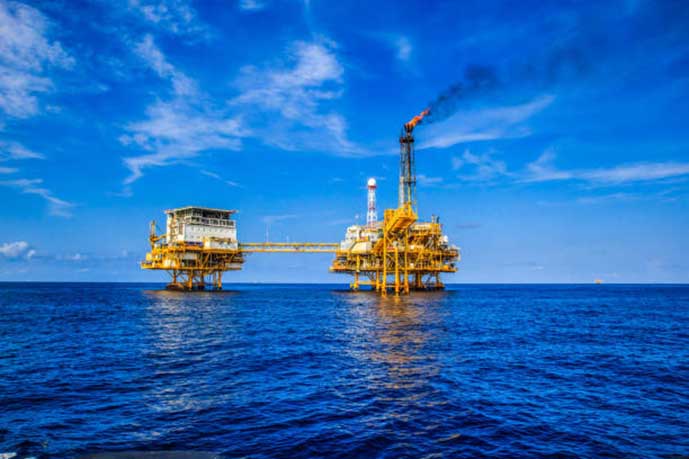Oil prices rose above the $78 per barrel mark after hitting a three-year high record this week. The main factor for the increase has been the tight supplies after the production curbs that OPEC mandated, in addition to the disruptions from the Hurricane season.
Firstly, the Organization of Petroleum Exporting Countries and allies, known as OPEC+, will meet on Monday. They pretend to talk ways to keep rising production, to fully phase out the production curbs that balanced the market since the wake of the pandemic.
However, according to Jeffrey Halley, an analyst at brokerage OANDA, there is a big possibility of disappointment as OPEC may not raise its production. The inability of some country members to raise production, as well as underinvestment due to the pandemic, might be the main reasons.
In addition, during this week, oil gained support after the dollar weakened. A weaker dollar makes oil cheaper for holders of other currencies and tends to reflect increased investor risk appetite.
Brent crude rose this Friday 41 cents, 0,5%, and settled at $78,72 per barrel, heading for its fourth weekly rise. In contrast, the U.S. mix, the West Texas Intermediate (WTI), added 24 cents and settled at $75,27 per barrel, consolidating the sixth week of gains.
Also recommended for you: Mexico’s challenges and potential in energy transition: MPC forum. Click here to read.
Oil prices still near their three-year-high record
Stephen Brennock of oil broker PVM said, quoted by Reuters. “The near-term price outlook remains supportive. The current price trend is one for recovery.”
Moreover, as we reported previously, this week oil prices reached a three-year-high record. It reached $80,75 on Tuesday, pushed by the recovering economies and a surge in demand. But also by the tight oil supplies around the world, and the natural gas crisis.
In fact, as we have reported previously, natural gas prices are increasing to a point that many countries are switching to fuels and oils to generate power. Generators in Pakistan, Bangladesh, and the Middle East have started switching fuels.
Finally, Naeem Aslam, an analyst at Avatrade, said to Reuters. “The most likely reason for stable oil prices is that investors believe the supply-demand gap will widen as the power crisis worsens.”


